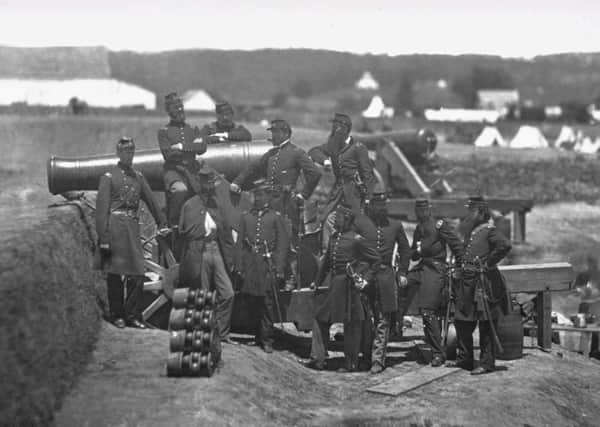THROUGH THE ARCHIVES: Removal of US general leads to split speculation


Details of the ongoing American Civil War had reached the News Letter this week in 1862 and the paper published interesting details of the removal of General George B McClellan, the commander of the Army of the Potomac.
A dispatch read: “The removal of General McClellan had produced the most intense excitement in this city [Washington]. It is almost the sole topic of conversation everywhere. The Radicals assert that this removal is based upon a report by General [Henry Wager] Halleck representing General McClellan has persisted in disobeying orders, and misrepresenting the condition of his army in regard to supplies of clothing and subsistence. The friends of General McClellan declare that his removal was agreed upon before the recent elections, and is part of the programme of the Radicals to obtain the control of the armies in the field. It is unfortunate for the Administration [that of President Abraham Lincoln] that this removal has been made at this time without a promulgation to the country of sufficient reasons for it.”
Advertisement
Hide AdAdvertisement
Hide AdThe dispatch continued: “There is reason to believe that the removal of General McClellan was without sanction of either Mr [William H] Seward or Mr [Francis Preston] Blair, and that it has inaugurated a conflict between the Conservative and Radical portions of the Cabinet, which must terminate in the withdrawal or expulsion of one or the other party.”